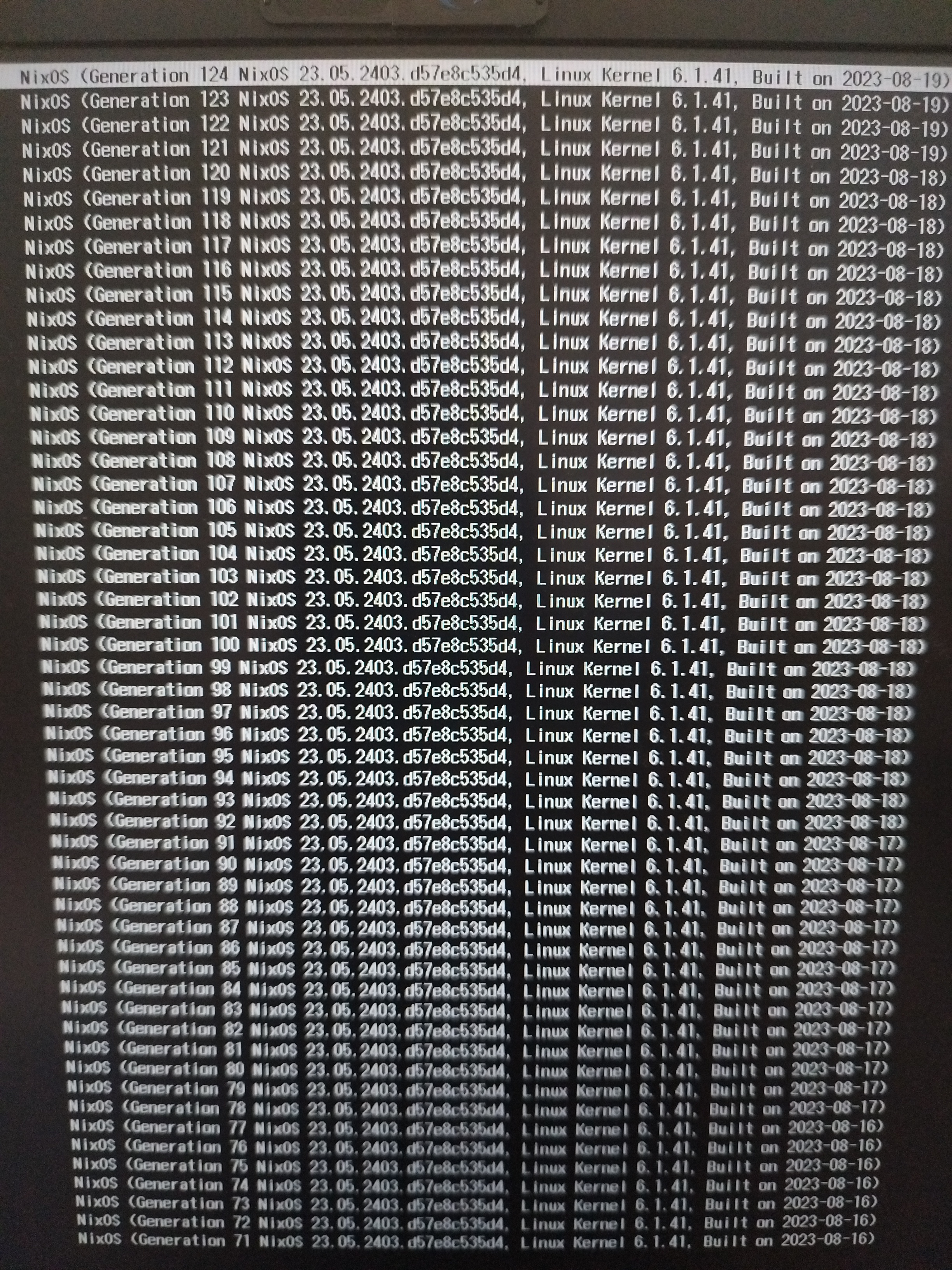Now, I really like Wayland, and it's definitely better than the mess that is X11
BUT
I think the approach to Wayland is entirely wrong. There should be a unified backend/base for building compositors, something like universal wlroots, so that applications dealing with things like setting wallpapers don't have to worry about supporting GNOME, Plasma, Wlroots, AND Smithay (when COSMIC comes out). How about a universal Wayland protocol implementation that compositors are built on? That way, the developers of, say, wayshot, a screenshot utility, can be sure their program works across all Wayland compositors.
Currently, the lower-level work for creating a compositor has been done by all four of the GNOME, KDE, Wlroots and Smithay projects. To me, that's just replication of work and resources. Surely if all standalone compositors, as well as the XFCE desktop want to, and use wlroots, the GNOME and KDE teams could have done the same instead of replicating effort and wasting time and resources, causing useless separation in the process?
Am I missing something? Surely doing something like that would be better?
The issue with X11 is that it got big and bloated, and unmaintainable, containing useless code. None of these desktops use that useless code, still in X from the time where 20 machines were all connected to 1 mainframe. So why not just use the lean and maintainable wlroots, making things easier for some app developers? And if wlroots follows in the footsteps of X11, we can move to another implementation of the Wayland protocols. The advantage of Wayland is that it is a set of protocols on how to make a compositor that acts as a display server. If all the current Wayland implementations disappear, or if they become abandoned, unmaintained, or unmaintainable, all the Wayland apps like Calendars, file managers and other programs that don't affect the compositor itself would keep on working on any Wayland implementation. That's the advantage for the developers of such applications. But what about other programs? Theme changers, Wallpaper switchers etc? They would need to be remade for different Wayland implementations. With a unified framework, we could remove this issue. I think that for some things, the Linux desktop needs some unity, and this is one of these things. Another thing would be flatpak for desktop applications and eventually nix and similar projects for lower-level programs on immutable distros. But that's a topic for another day. Anyways, do you agree with my opinion on Wayland or not? And why? Thank you for reading.




I'm curious: How did having to support multiple platforms affect the development process? In what ways did it affect the technologies used or the development process itself, testing and bug fixing? What about bug reports?
On an unrelated note, a lot of people in the reviews say they'd love to see a longer, further developed game based on this idea. Do you have any plans for it?